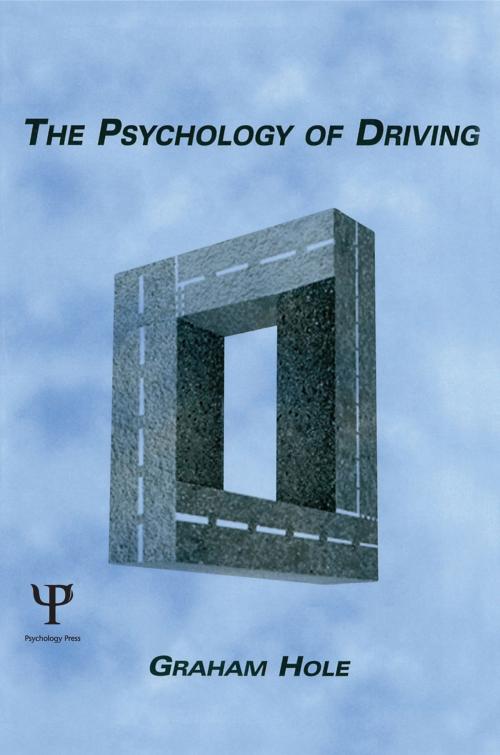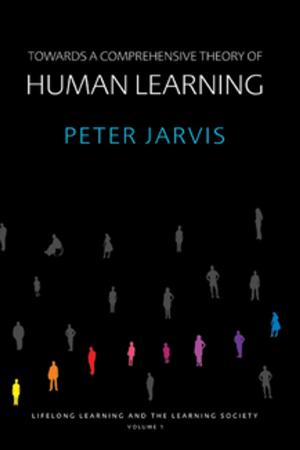| Author: | Graham J. Hole | ISBN: | 9781317778097 |
| Publisher: | Taylor and Francis | Publication: | July 10, 2014 |
| Imprint: | Psychology Press | Language: | English |
| Author: | Graham J. Hole |
| ISBN: | 9781317778097 |
| Publisher: | Taylor and Francis |
| Publication: | July 10, 2014 |
| Imprint: | Psychology Press |
| Language: | English |
Road accidents are the major cause of death and injury among young people in the developing world, and the field of psychology can offer great insights into the many factors that are at play when we get behind the wheels of our cars. Based on data collected around the world on drivers of all age groups, Graham Hole provides an up to date picture of the realities of driving, including visual perception issues, cell phone distractions, fatigue, drugs, and the effects of aging. These insights can help explain why we crash, as well as how we achieve the amazing feat of not crashing more often than we do.
In this jargon-free and very accessible book, Hole applies psychological methods and insights to this every-day experience with two audiences in mind. First, he speaks to accident investigators, who frequently rely on well-developed understandings of engineering and forensics and less insight into the psychology of the driver. Second, of course, this book will be of value to anyone interested in the application of cognitive psychology to real-world behaviors, and to anyone who drives.
Road accidents are the major cause of death and injury among young people in the developing world, and the field of psychology can offer great insights into the many factors that are at play when we get behind the wheels of our cars. Based on data collected around the world on drivers of all age groups, Graham Hole provides an up to date picture of the realities of driving, including visual perception issues, cell phone distractions, fatigue, drugs, and the effects of aging. These insights can help explain why we crash, as well as how we achieve the amazing feat of not crashing more often than we do.
In this jargon-free and very accessible book, Hole applies psychological methods and insights to this every-day experience with two audiences in mind. First, he speaks to accident investigators, who frequently rely on well-developed understandings of engineering and forensics and less insight into the psychology of the driver. Second, of course, this book will be of value to anyone interested in the application of cognitive psychology to real-world behaviors, and to anyone who drives.















